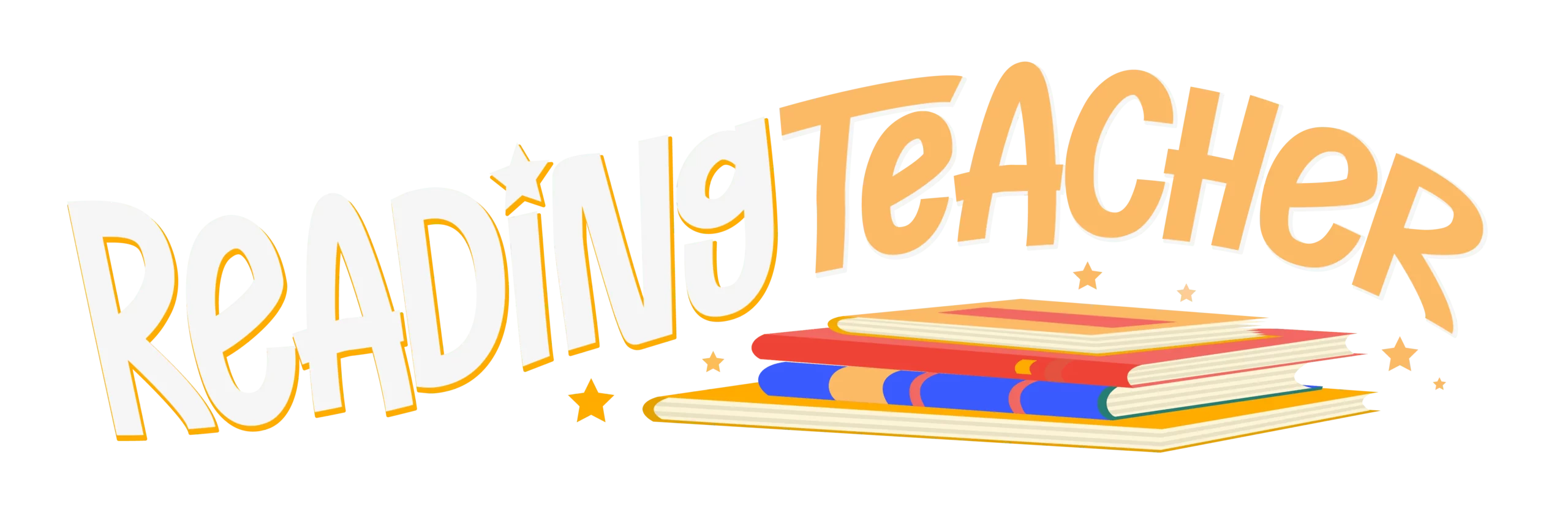Exploring Effective Reading Programs in Elementary School
Reading is a foundational skill that plays a vital role in a child's academic success and lifelong learning. To foster strong reading abilities, elementary schools often implement structured reading programs designed to support students' literacy development. In this article, we will explore various effective reading programs commonly used in elementary schools. These programs encompass research-based strategies, engaging materials, and differentiated instruction to meet the diverse needs of students. By implementing these programs, educators can provide a comprehensive and targeted approach to reading instruction, setting students on a path to become proficient readers.
Balanced Literacy:
Balanced Literacy is a comprehensive approach that combines elements of phonics, phonemic awareness, fluency, vocabulary, and comprehension. It incorporates a mix of whole group instruction, small group activities, independent reading, and writing opportunities. Balanced Literacy programs emphasize both explicit skill instruction and authentic reading experiences, allowing students to develop a deep understanding of language and literacy.
Guided Reading:
Guided Reading programs involve small group instruction where students are grouped based on their reading levels and receive targeted instruction. The teacher supports students in applying reading strategies, building fluency, and comprehending texts at their instructional level. Guided Reading fosters individualized instruction, allowing educators to address specific needs and challenge students to reach higher levels of proficiency.
Phonics-Based Programs:
Phonics-based programs focus on teaching the relationship between sounds and letters to develop decoding and word recognition skills. These programs use a systematic and explicit approach to teach phonics rules, sight words, and phonemic awareness. Examples of popular phonics-based programs include Orton-Gillingham, Wilson Reading System, and Fundations.
Literature-Based Programs:
Literature-based programs incorporate high-quality children's literature to promote reading comprehension and foster a love for reading. These programs expose students to a wide range of genres, engage them in discussions, and encourage critical thinking and analysis. Literature-based programs often include read-alouds, shared reading, and book clubs to enhance students' reading experiences.
Intervention Programs:
Intervention programs target students who are struggling with reading. These programs provide intensive and targeted instruction to close skill gaps and accelerate progress. Examples of intervention programs include Reading Recovery, Leveled Literacy Intervention (LLI), and Multi-Tiered Systems of Support (MTSS) frameworks. These programs typically involve one-on-one or small group instruction and employ diagnostic assessments to inform instructional decisions.
Technology-Based Programs:
Technology-based reading programs leverage digital tools and interactive platforms to engage students in reading instruction. These programs often include adaptive features, personalized learning pathways, and interactive activities to support skill development. Popular technology-based programs include Lexia Core5, Raz-Kids, and Achieve3000. These programs provide immediate feedback, progress tracking, and opportunities for independent practice.
Conclusion:
Elementary school reading programs play a crucial role in developing students' literacy skills and fostering a love for reading. Balanced Literacy, Guided Reading, Phonics-Based Programs, Literature-Based Programs, Intervention Programs, and Technology-Based Programs are just a few examples of the effective programs used in elementary schools. By implementing these research-based approaches, educators can provide comprehensive and targeted instruction to meet the diverse needs of their students. Remember, the key to successful reading programs lies in creating engaging and supportive learning environments that nurture students' reading abilities, promote a lifelong love for reading, and set them on a path towards academic achievement and personal growth.
